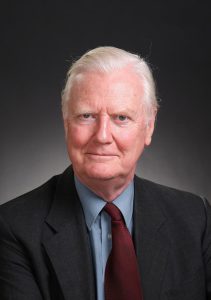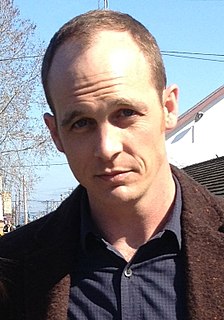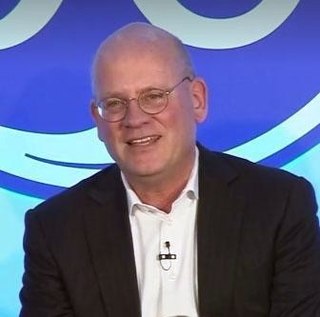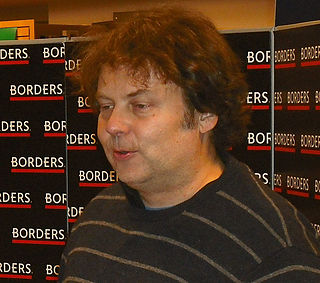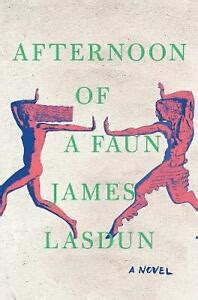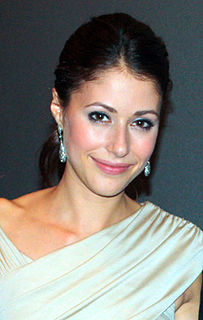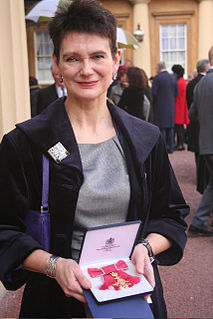A Quote by John Forbes Nash, Jr.
I don't think exactly like a professional economist. I think about economics and economic ideas, but somewhat like an outsider.
Related Quotes
How should the best parts of psychology and economics interrelate in an enlightened economist's mind?... I think that these behavioral economics...or economists are probably the ones that are bending them in the correct direction. I don't think it's going to be that hard to bend economics a little to accommodate what's right in psychology.
It became clear I wanted to be a development economist. I mean, I said I wanted to work on the economics of poor countries. And I'd actually say that I don't think that was so much about narrowing the gap as about increasing their incomes, which means economic growth, which is really my prime interest.
I write with two things in mind. I want to be right with my fellow economists. After all, I've made my life as a professional economist, so I'm careful that my economics is as it should be. But I have long felt that there's no economic proposition that can't be stated in clear, accessible language. So I try to be right with my fellow economists, but I try to have an audience of any interested, intelligent person.
I think more about clicking the teeth, because I have to line them up just exactly right, and then I slam them down so they exactly meet. And I think I worry about that too much. I'm not thinking about remembering. Like, "Wow, that was a great moment went my son went trick-or-treating": click. "What was I supposed to remember?" That sort of thing.
America as a setting seems inexhaustibly fascinating to me, and I think there's something about the outsider viewpoint that works for me. Being of Jewish descent in England always carried a vague sense of being foreign, while not being a practicing Jew made it hard to think of myself as fully Jewish either. So living here in a way just clarifies that terminal outsider position - makes it somehow official, which I like.
Our popular economics writers, however, are not in the business of giving their readers a ringside seat on the research action; with no exception I can think of, they use their books to do an end run around the normal structure of scholarship, to preach ideas that few serious economists share. Often, these ideas are not just at odds with the professional consensus; they are demonstrably wrong, and sometimes terminally silly. But they sound good to the unwary reader.
I've always been into the not stereotypical hunk guy - I'm into dorky, like I call it adorkable. And I think that a lot of girls are into that. I think there's something disarming about it and endearing and also puts you at ease and there's an attractiveness there - it's like a good sense of humor, self-deprecating, weirdness. You know? Because I think we all have that in ourselves, but we just try to hide it because it's not "cool," but a lot of people can kind of relate to that feeling or the outsider feeling.


